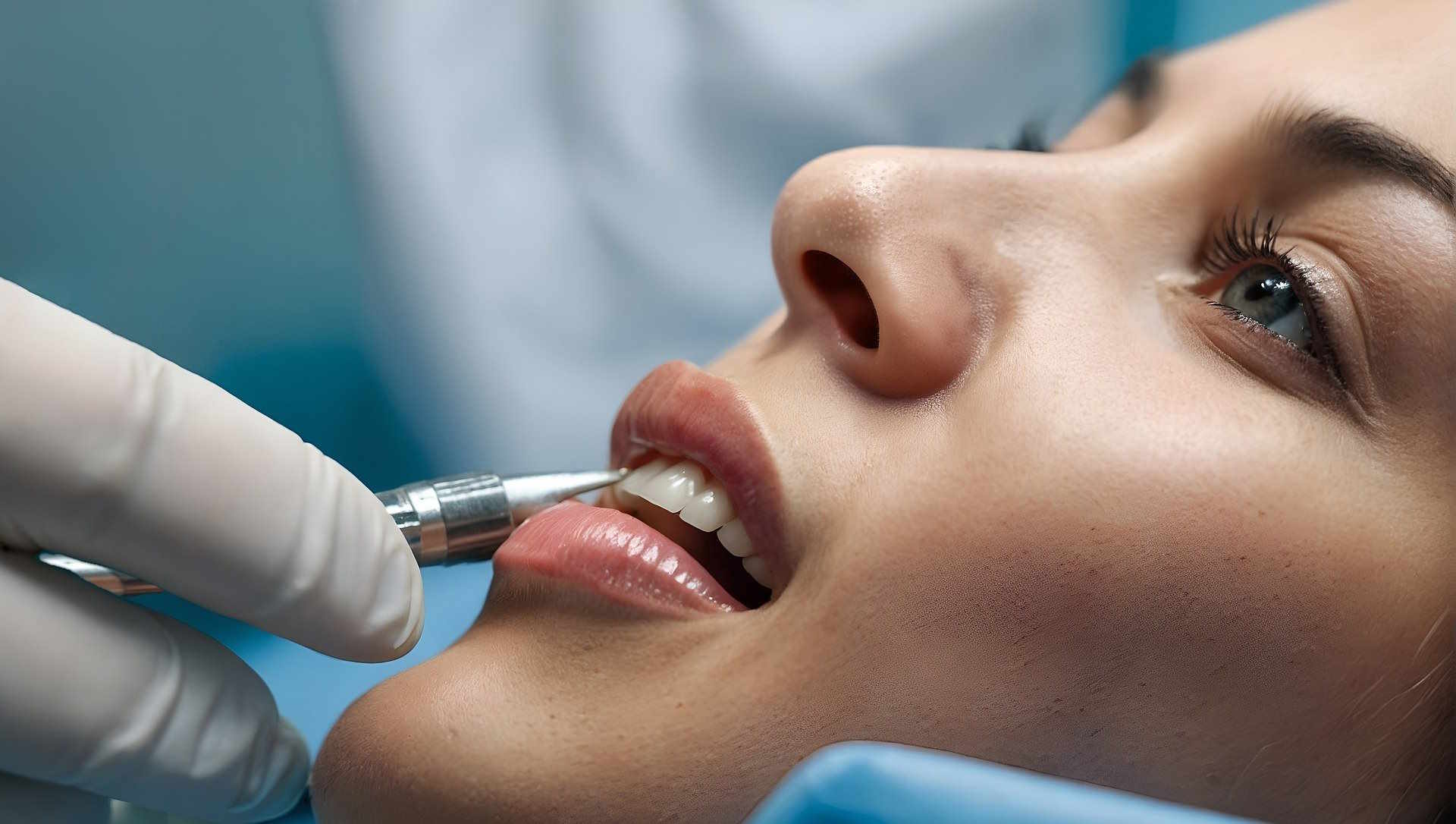What Seniors Should Look for in a Dentist in 2025
As dental needs evolve with age, finding the right dentist becomes essential for maintaining comfort, confidence, and overall health. This article outlines what seniors—and their caregivers—should consider in 2025 when choosing a dental professional, from accessibility and communication to specialized care.

What Specialized Services Should a Senior-Focused Dentist Offer?
Senior-focused dental practices should provide comprehensive services that address age-related oral health concerns. Essential specialized services include periodontal disease management, as gum disease becomes more prevalent with age due to medication side effects and systemic health conditions. Restorative dentistry services such as crown and bridge work, denture fitting and adjustment, and implant placement are crucial for maintaining proper nutrition and speech.
Additionally, senior-centered practices should offer oral cancer screenings, dry mouth management, and coordination with medical providers for patients taking multiple medications. Many seniors benefit from sedation dentistry options to manage anxiety or physical discomfort during procedures. The practice should also provide emergency dental care and same-day repair services for dentures, understanding that dental emergencies can significantly impact quality of life for older adults.
How Does Office Accessibility Impact Senior Dental Care?
Office accessibility plays a critical role in ensuring seniors receive consistent dental care. Physical accessibility features include wheelchair-accessible entrances, wide doorways, accessible restrooms, and treatment rooms designed to accommodate mobility devices. Parking should be convenient and close to the entrance, with designated spaces for patients with mobility challenges.
Beyond physical accessibility, appointment scheduling flexibility becomes important for seniors who may need transportation assistance or have varying energy levels throughout the day. The office should offer extended appointment times to accommodate slower movement and the need for more detailed explanations of procedures. Staff training in senior care communication and assistance with forms and payment processing also contributes to a more accessible experience.
What Qualifications Matter Most for Senior Dental Care?
When selecting a dentist for senior care, specific qualifications and experience indicators should guide the decision. Look for dentists with additional training in geriatric dentistry or extensive experience treating older adults. Board certifications in relevant specialties such as periodontics, prosthodontics, or oral surgery can be valuable depending on individual needs.
The dentist should demonstrate knowledge of how systemic health conditions like diabetes, heart disease, and osteoporosis affect oral health. Experience working with patients on multiple medications and understanding drug interactions is essential. Additionally, the dental team should be trained in recognizing signs of cognitive changes that might affect treatment planning and patient cooperation. Continuing education in geriatric dental care and staying current with age-specific treatment protocols are important qualifications to verify.
What Are the Current Costs for Senior Dental Services?
Understanding dental care costs helps seniors budget appropriately and make informed decisions about treatment options. Basic preventive care costs vary significantly based on location and practice type, while more complex procedures require careful financial planning.
| Service Type | Typical Cost Range | Notes |
|---|---|---|
| Routine Cleaning | $100-$200 | May be covered by Medicare Advantage plans |
| Comprehensive Exam | $75-$150 | Initial visits often cost more |
| Basic Filling | $150-$400 | Depends on material and tooth location |
| Crown | $800-$2,000 | Varies by material type and complexity |
| Complete Dentures | $1,500-$4,000 | Custom fitting affects pricing |
| Dental Implant | $3,000-$6,000 | Per tooth, including crown |
Prices, rates, or cost estimates mentioned in this article are based on the latest available information but may change over time. Independent research is advised before making financial decisions.
Insurance and Payment Considerations for Senior Dental Care
Medicare typically does not cover routine dental care, making it important for seniors to explore alternative payment options. Many seniors benefit from dental insurance plans specifically designed for older adults, which may offer coverage for preventive care and basic procedures. Some Medicare Advantage plans include limited dental benefits that can help offset costs.
Payment plans and financing options become particularly important for seniors on fixed incomes who may need extensive dental work. Many practices offer in-house payment plans or work with third-party financing companies to make treatment more affordable. Seniors should also inquire about practice policies regarding emergency payment arrangements and whether the office offers senior discounts for certain services.
Finding the right dentist in 2025 requires careful consideration of specialized services, accessibility features, professional qualifications, and financial factors. Senior-focused dental care goes beyond routine cleanings to encompass comprehensive health management that recognizes the connection between oral health and overall well-being. By prioritizing these key factors, seniors can establish relationships with dental professionals who understand their unique needs and provide compassionate, expert care throughout their later years. The investment in quality dental care pays dividends in maintained health, confidence, and quality of life.
This article is for informational purposes only and should not be considered medical advice. Please consult a qualified healthcare professional for personalized guidance and treatment.




